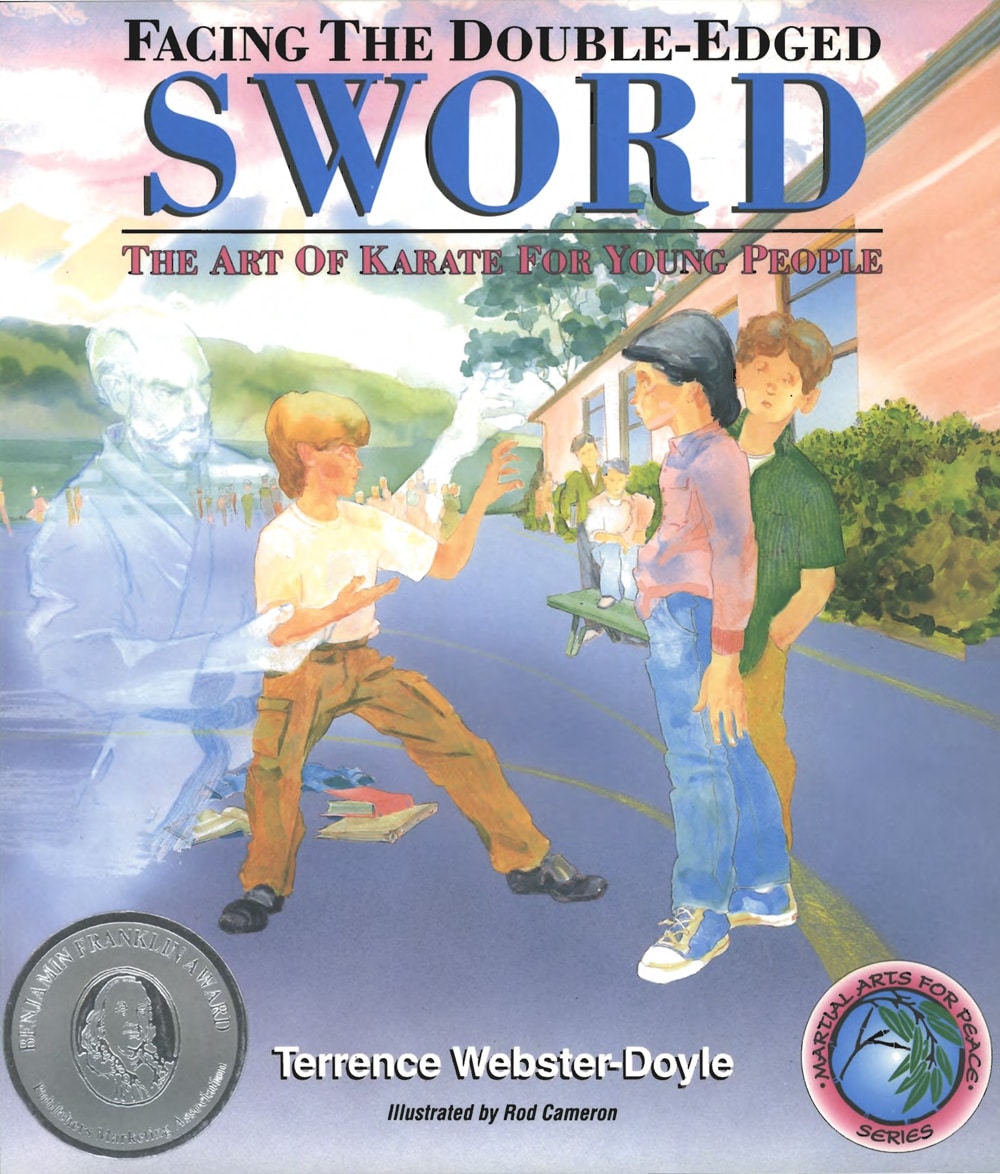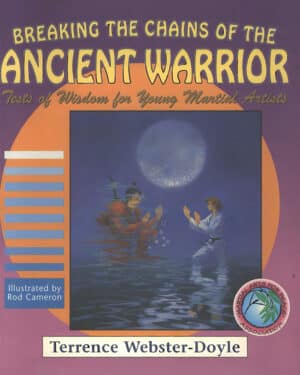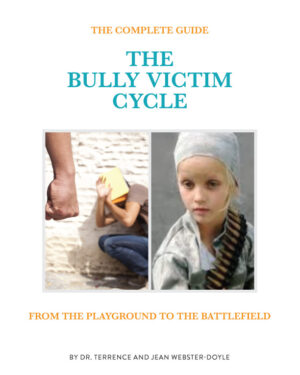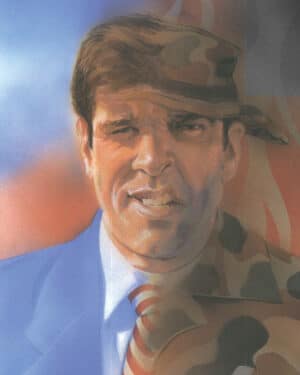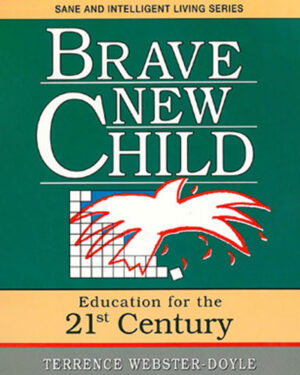Facing the Double Edged Sword (EN & ES)
$10.00
Solve conflict nonviolently using the art of karate. This book is for people who are interested in the art of karate and want to find healthy, nonviolent solutions to conflict.
This book is for young people who are interested in the art of karate but want to find nonviolent solutions to conflict. This book is filled with exciting stories about karate. It will teach you …
- What a great master of karate does with an umbrella!
- How to stop a bully from hurting you!
- How to get real power!
- What “Fighting the Invisible Enemy” is!
This book is for adults too! This book can help parents, teachers, and counselors who are searching for healthy, nonviolent, humane ways for young people to deal with conflict. This book gives the adult reader …
- A context in which to help young people understand violence
- The skills to assist young people in learning creative alternative to conflict
This book encourages the study of the art of karate which helps young people develop:
- Stamina, coordination, and flexibility!
- Alertness of mind, self-control and perseverance!
- Keen intellectual skills!
- An attitude of kindness, consideration, cooperation, and respect—what we call manners!
| Audience | |
|---|---|
| Languages | |
| Topics | |
| Format |
